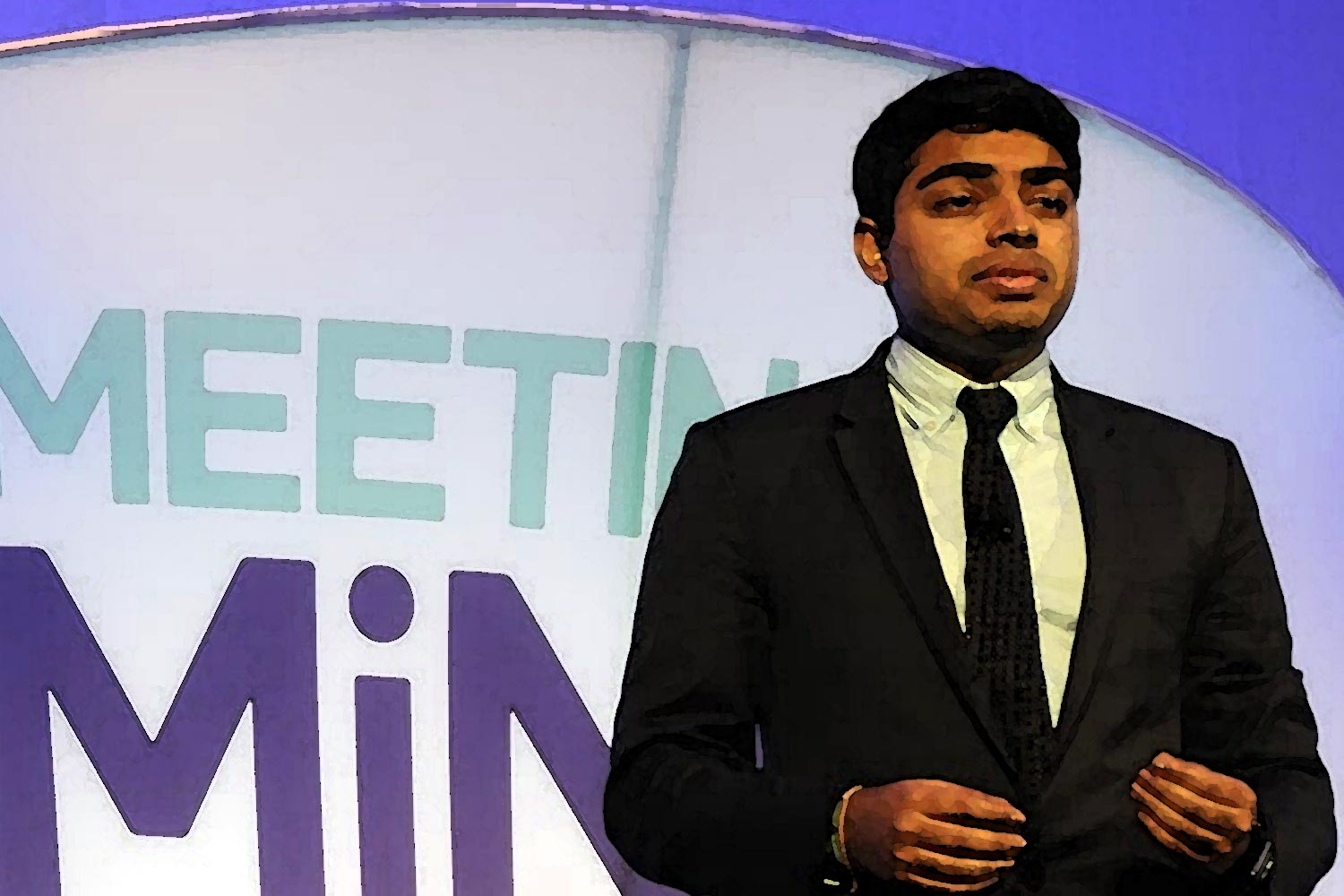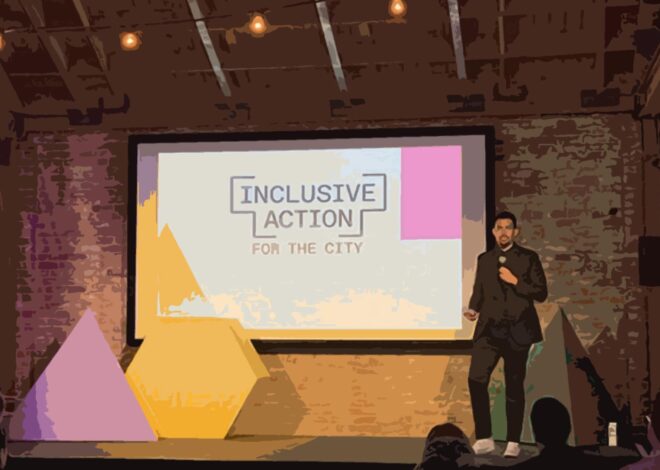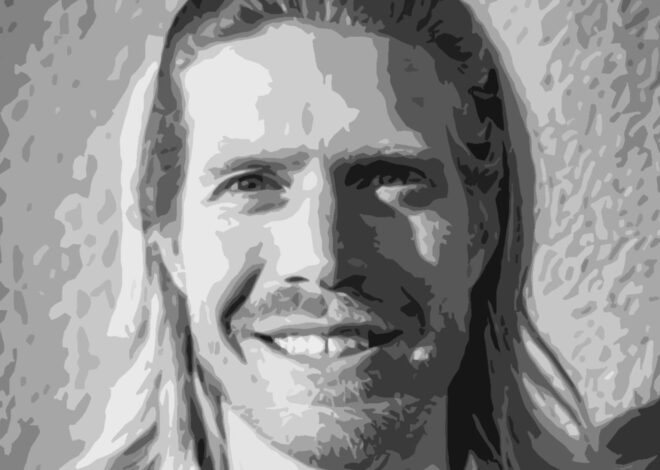Against the Current: Nihal Satyadev
Interview with Nihal Satyadev of The Youth Movement Against Alzheimer’s, addressing Alzheimer’s issues through innovation and advocacy.

“I am hopeful for more and more young people finding interest in social enterprise.”
For years, I’ve been hyper-interested in aging in America, and particularly the costs we as a country will have to cover as the Boomer generation roars into its 80s. Out front on the cost-o-meter: Alzheimer’s, which is projected to cost our society $1.1 trillion by 20501.
So, imagine my surprise and elation when, during a UCLA fast-pitch competition I was judging, I heard a med student named Nihal Satyadev outline his vision for the Youth Movement Against Alzheimer’s. I was an immediate fan, then mentor, and (for transparency’s sake) I joined the founding Board to help get the organization established and moving forward. I think his ideas will inspire you.
What’s your thing… not what you do, but why you do what you do?
After seeing the impacts of Alzheimer’s first hand in my family, I also learned that Alzheimer’s will be the reason our healthcare system is on the path to going bankrupt within the next ten years. Currently, dementia accounts for nearly seven percent2 of our total federal budget, and the cumulative cost between 2017 and 2030 is expected to be $7.7 trillion.3 Every day, 10,000 people turn sixty-five4, but our traditional models and tactics are not reflecting the needs of our elders, nor the burden my generation will bear. My generation has been at the forefront of dynamic social change ideas about race, philanthropy, and equality, and there’s no reason we can’t lead on driving forward intergenerational solutions about aging.
OK, now tell us what you do.
Five years ago, I founded a national nonprofit, The Youth Movement Against Alzheimer’s, that addresses issues of Alzheimer’s through innovative caregiving solutions and outspoken advocacy. We now have 35 chapters across colleges and high schools across the country, and our team has been active in state and federal advocacy efforts, as both innovators and partners with national groups. Our work has also been featured by Forbes, The Today Show, Mayo Clinic, NBC News, ABC News, Huffington Post and TEDMED.
As a young leader, what makes you want to scream most about the state of philanthropy? What gives you the most hope for our sector?
Since forever, we have held philanthropy at two percent GDP5, while the sources of funding have drastically shrunk into the hands of fewer and fewer people. Old money means old solutions and limited opportunities for innovative breakthrough.
I am hopeful for more and more young people finding interest in social enterprise, not as an extra-curricular, but as a career path and life-investment.
If you could get the ear of a presidential candidate, what law or policy would you most urge them to enact, and how would it radically rock your world?
I would ask candidates to establish a fully-funded National Care Corps, encouraging young people to provide care for older adults. A Care Corps would save our healthcare system billions of dollars while driving forward economic sustainability for families suffering from long-term care related illnesses.
How much money would you need to truly run wild and what would it allow you to do?
$500,000 would get us so far down the road. It would give us a three-year runway that would allow our team to establish a model that reflects the power of volunteer caregiving. We have operated a grant-funded model in partnership with UCLA Geriatrics that has shown that with just six hours of respite care a week via trained student volunteers, 75 percent of family caregivers experience dramatic reductions in overall stress. We want to create that same experience under a sustainable social enterprise that can be replicated at campuses across the country. At the end of the third year of this funding, we would collect the data to prove to future funders that we are ready to scale.
What was the last code word, bizsplaining moment or condescending comment you got from an elder; and what did you say, or wish you could have said to push back?
I was told once that it was better to support an established Alzheimer’s nonprofit rather than attempt to innovate on a new model. I told them I appreciate their input, but I started laughing once I hung up. If established nonprofits were acting at the pace of innovation needed, then there would be no need for me to create mine.
Talk about your best elder ally, and how they inspired you through their actions.
My best elder ally inspired me by recognizing the difficulty of establishing a new social venture, yet being critical of my business plan. They were supportive of my vision but forced me to question and readdress my path to realizing it. I used to think that our nonprofit’s most tangible impact could be through our scholarship program, but this elder ally helped me to realize that our caregiving model was not only more unique, but it led to a value proposition that could actually build a business.
Covid-19 must be messing with your mission and plans, given the distance that must be kept between your volunteers, caretakers, and elders. How have you adapted?
By mid-March we had trained student volunteers, recruited family caregivers, and were about to launch our flagship program. It was in the days before our launch that we decided Covid-19 would render our program unsafe at the moment. Since then, Covid-19 has gone on to disproportionately devastate older adults, not only with high rates of mortality, but also with extreme social isolation. Our team decided we could address that and decided to launch a new program to connect our youth with older adults. We created MealsTogether as a way to bring together people from different generations to share a meal, drink, or simply time together and build a bond over webcam. The new post Covid-19 world needs new ways to bring together generations, and our team will continue to be at the forefront of establishing those relationships.
Tell us about another young leader everyone should know about?
Leda Rosenthal is creating a platform that connects family caregivers with various technology platforms that can help them address their specific needs. Once family caregivers go to her website, they can enter the stage of care and type of activities that they are looking to get involved with. The website will then make recommendations as to the appropriate tech services. In addition, the website offers concierge services for families that want even more personalized recommendations.
What do you want to be able to say about yourself and your leadership in 20 years?
I do not want to be working in this nonprofit in 20 years. My leadership is best reflected by my relentless interest in driving forward systemic change. The more aspects of the nonprofit that can be incorporated in national policy in perpetuity, the better. Alzheimer’s should be a thing of the past by 2040, and long-term care should be a hassle-less experience with innovative government funded solutions. In 2040, I will be 45, and I want my kids to think of Alzheimer’s like they would have of smallpox: a disease of the past.
Footnotes:
1“Facts and Figures,” Alzheimer’s Disease and Dementia, https://www.alz.org/alzheimers-dementia/facts-figures.
2This is calculated through different sources. According to 2020 Alzheimer’s Disease Facts and Figures, cost of care is $305 billion in 2020. The federal budget has expected spending of $4.7 trillion. 305 billion / $4.7 trillion = ~6.5 percent, or nearly 7 percent.
4Adam Bergman, “Social Security Feels Pinch As Baby Boomers Clock Out For Good,” Forbes (Forbes Magazine, June 22, 2018), https://www.forbes.com/sites/greatspeculations/2018/06/21/social-security-feels-pinch-as-baby-boomers-clock-out-for-good/.
5Suzanne Perry, “The Stubborn 2% Giving Rate,” The Chronicle of Philanthropy (The Chronicle of Philanthropy, June 18, 2013), https://www.philanthropy.com/article/The-Stubborn-2-Giving-Rate/154691.
About the Author
Blue Avocado is an online magazine fueled by a monthly newsletter designed to provide practical, tactical tips and tools to nonprofit leaders. A small but mighty team of committed social sector leaders produces the publication, enlisting content from a wide range of practitioners, funders, and experts.
Articles on Blue Avocado do not provide legal representation or legal advice and should not be used as a substitute for advice or legal counsel. Blue Avocado provides space for the nonprofit sector to express new ideas. Views represented in Blue Avocado do not necessarily express the opinion of the publication or its publisher.












This advocacy is innovative and laudable for the ways it promotes awareness about these issues, and the means it provides to accomplish much needed senior care. Its value could be increased exponentially if it included education about for dietary factors and practices that can significantly mitigate or even prevent the incidence of dementia and Alzheimer’s disease for many people in the first place. For example, see “The Alzheimer’s Antidote – Using a Low-Carb, High Fat Diet to Fight Alzheimers Disease, Memory Loss, and Cognitive Decline” by Amy Berger.